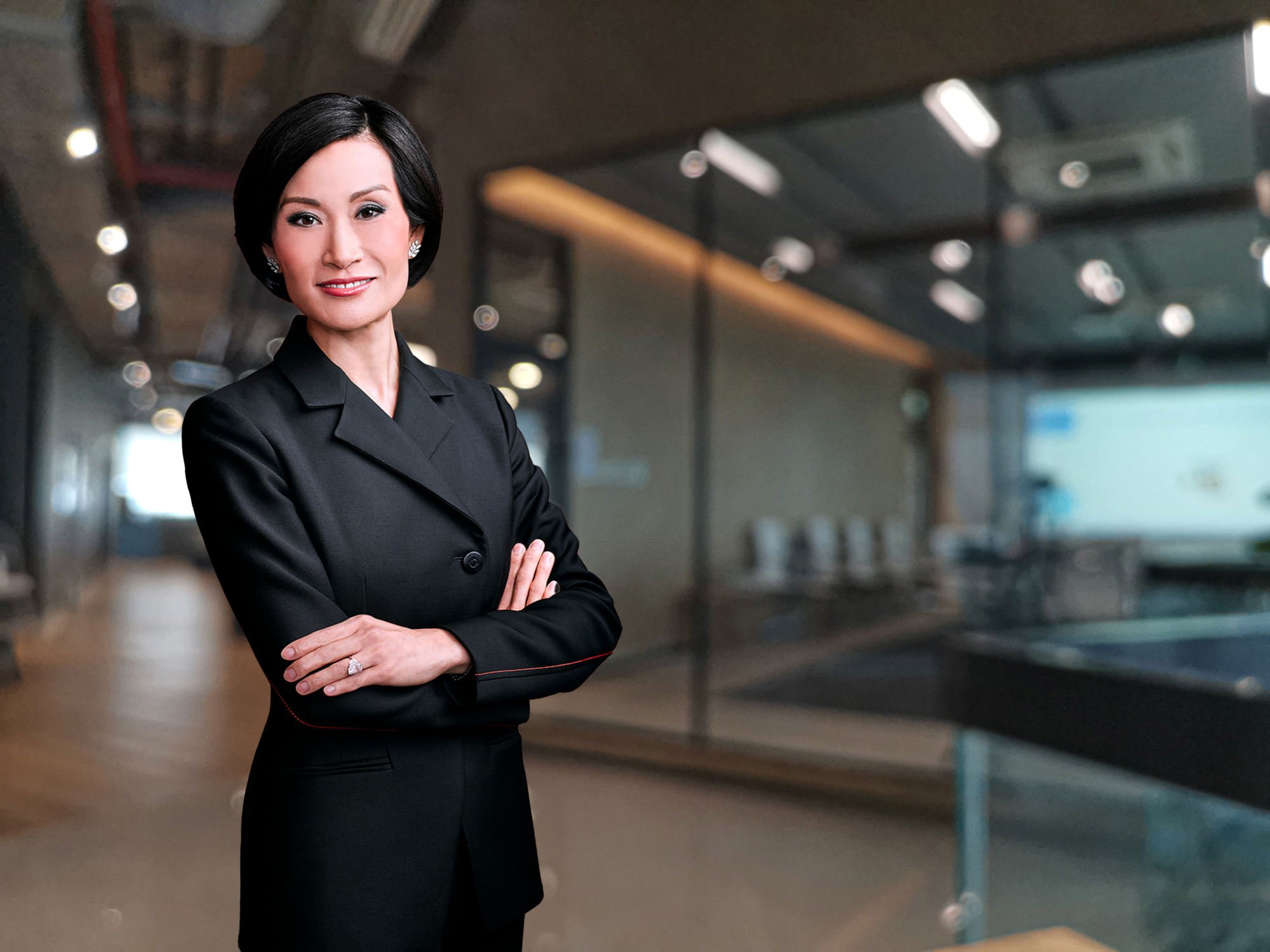
Hong Kong’s wooing of family offices yields ‘robust’ interest from Southeast Asia, Middle East: top Citi banker
- ‘Hong Kong is doing many of the right things to showcase that it is back after the pandemic,’ says Ida Liu, global head of Citi Private Bank
- US-based Citigroup’s private bank serves over 1,600 family offices worldwide, with each having a net worth greater than US$3 billion
The government’s effort to increase the number of family offices operating in Hong Kong is generating sustained interest, as wealthy clients from around Asia and beyond consider the city as a base to capture opportunities in the region’s fast-growing markets, according to a top boss of Citigroup.
“I continue to see a fair amount of interest in family office set-ups in Hong Kong,” said Ida Liu, global head of Citi Private Bank. “They are not only from mainland China, but from Southeast Asia and even other parts of the world such as the Middle East and Europe.”
US-based Citigroup’s private bank serves over 1,600 family offices worldwide, with each having a net worth greater than US$3 billion.
“We are talking about very, very large global families, and we have been very supportive of some of the things that the government has been doing here,” Liu said in an exclusive interview in the bank’s global wealth centre in Tsim Sha Tsui.

“Hong Kong is doing many of the right things to showcase that it is back after the pandemic,” Liu said. “We have been very much working closely with the Hong Kong government as we are very supportive of the family office businesses here in the region.”
Liu said Citi has never stopped expanding in Hong Kong and Asia. The banking group in 2021 set a target of capturing US$150 billion of new client money from wealthy customers in Asia by 2025.
Year to date, the bank has seen a doubling of new client acquisitions in the region. “It continues to be very, very robust,” she said, adding that Asia represented about one-third of the private-bank business’s revenue last year.
“When the big families look at diversification, they look to Asia,” Liu said. While both Hong Kong and Singapore are wealth hubs for the company, US investors have a very positive view of Hong Kong.
Citi will continue to hire staff in Asia to meet the need for expansion, she said. “We have doubled headcount in the region over the last three years, even amid the pandemic, because we saw a lot of opportunity,” she said. “We have been very committed to the region, as we have been here for over 120 years, and we have many multigenerational clients.”
Liu, born in California but now based in New York, lived in Hong Kong for several years, joining Merrill Lynch in the city in 1999. She later moved to fashion house Vivienne Tam in 2004 before joining Citi Private Bank in 2007 and moved to her current role in 2021.
Due to the volatile market and new regulatory policies in China, Liu said many clients have now taken a wait-and-see approach to investment in China.
“But one thing is absolutely for certain: investors cannot ignore that China is the number two economy in the world, with so much opportunity in the region,” she said.
Looking ahead, Liu believes the markets will improve and advises clients to invest more in fixed income, as well as stocks and investment products in technology, healthcare and ESG (environmental, social and governance).
“We are positioning our clients to capture what is happening in the digitisation technology space,” she said. “Another area is in healthcare, because the world’s population is ageing, with a third over 65 in the next decade.”

